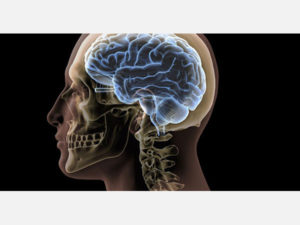It can feel like developing dementia is inevitable. Though new research is showing that there is something that is a changeable factor in dementia. There is something in our body that helps minimize the risk.

New Research Shows a Changeable Factor in Dementia
The University of Pittsburgh followed hundreds of seniors for more than 15 years for a study published in Journal of Alzheimer’s Disease.
They found that arterial stiffness is a good way to predict who will develop dementia. This is good because arterial stiffness can be helped with antihypertensive drugs. There are also lifestyle interventions that you can do to help prevent or delay the onset of dementia.
“As the large arteries get stiffer, their ability to cushion the pumping of blood from the heart is diminished, and that transmits increased pulsing force to the brain, which contributes to silent brain damage that increases dementia risk.” —Senior author Rachel Mackey, Ph.D., M.P.H., assistant professor of epidemiology, University of Pittsburgh Graduate School of Public Health.
The study looked into the ties between arterial stiffness and dementia among 356 older patients. The average was of 78. The participants were dementia free when the study started.
They tested the stiffness with pulse wave velocity (PWV). This is a noninvasive measure of the speed that blood pressure pulse travels through the arteries.
The Results of the Test
It was found that subjects with PWV readings were 60% more likely to develop dementia during 15 years compared to those with lower PWV values.
Arterial stiffness is connected to subclinical brain disease and are risk factors for cardiovascular disease.
It’s thought that arterial stiffness increases the risk of dementia because it increases the subclinical brain damage.
Read more about the study here.

